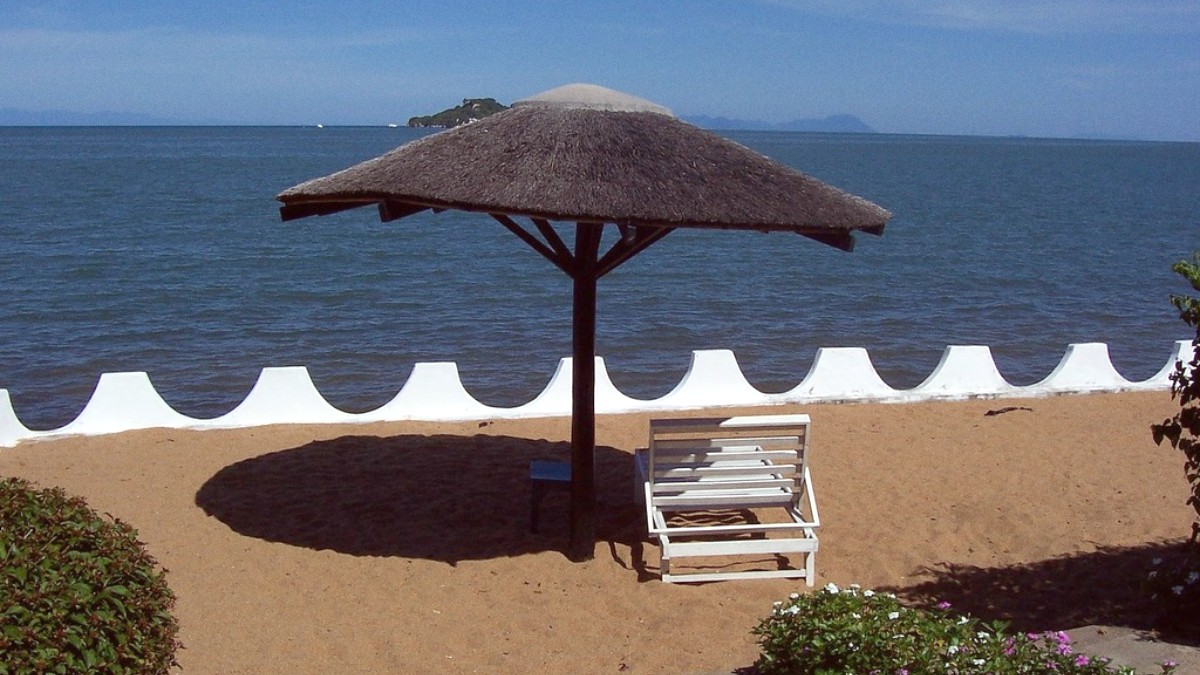
Malawi
Airtel Malawi and TNM are the two main mobile network providers, offering good coverage in major towns and along the lakeshore. SIM cards are inexpensive and easily obtainable.
Wi-Fi appears at most mid-range to luxury lodges and hotels around Lake Malawi, sometimes with a fee or limited bandwidth. It can experience slow speeds and unreliability.
English serves as the official language of Malawi, widely spoken in tourist areas, government offices, and among educated individuals. This generally eases communication for travelers.
Acquiring a few Chichewa phrases contributes greatly to showing respect and connecting with locals.
"Zikomo" is a versatile and appreciated word to use frequently. This simple gesture can transform your interactions with locals.
Generally open from 8:00 AM to 5:00 PM or 6:00 PM, Monday to Friday. Many shops have shorter hours on Saturdays, and some remain closed on Sundays.
Typically operate from 8:00 AM to 3:00 PM, Monday to Friday. ATMs generally function 24/7 in major towns but may run out of cash or be offline due to power issues.
Usually operate from 7:30 AM to 5:00 PM, Monday to Friday. These hours are quite consistent across most public sector services.
Malawi observes Christian holidays (e.g., Christmas, Easter) and several national public holidays. Services and businesses may experience limitations or closure on these days.
Some smaller lodges or activities, notably those in more remote areas, might feature reduced operations or temporary closures during the low/wet season (January-March).
Checking local calendars for public holidays before your trip proves beneficial for avoiding unexpected closures.
Cultural norms vary by destination. Familiarity with local etiquette promotes respectful interactions.
Always greet people, especially elders, with a handshake and a polite "Muli bwanji?" (How are you?). It remains polite to use your right hand when shaking hands or passing items.
Tipping gains appreciation but is not mandatory. Eating nsima with your right hand adheres to tradition. Always seek permission before photographing individuals, notably children.
Avoid discussions on politics or religion unless locals initiate the conversation. Public displays of affection generally draw disapproval. Drug use remains illegal and brings severe penalties.
Malawi presents a conservative society. Women travelers generally experience safety but should remain mindful of cultural norms and avoid walking alone at night in unlit or isolated areas.
Should you face a challenge, politely asking for assistance typically yields helpful responses.
Choosing sustainable travel means protecting Lake Malawi's unique ecosystem for the long term.
Lake Malawi National Park, an UNESCO World Heritage Site, protects the lake's unique biodiversity. African Parks also manages several national parks, working to restore wildlife populations.
Waste management presents a significant challenge in Malawi, especially plastic waste, with limited formal recycling infrastructure outside major cities.
International flights notably contribute to carbon emissions. Consider supporting reputable carbon offset programs to mitigate the environmental outcome of your air travel.
Seek out lodges and tour operators that actively follow responsible and eco-friendly practices. Mumbo Island, within Lake Malawi National Park, offers an example of an eco-lodge.
Support local craftspeople and cultural initiatives that strive to preserve traditional arts. Buying authentic local crafts aids cultural heritage and economic opportunities.
Dress modestly when visiting villages. Ask permission before photographing people. Engage politely, and learn a few Chichewa phrases.
Sustainable GearPurchase souvenirs directly from artisans. Bargain fairly in markets. Eat at local restaurants and use local transport.
Zero Waste ProductsYour mindful choices contribute to a more sustainable and equitable tourism industry in Malawi, promoting positive outcomes for both the environment and local communities.